On May 2, it was revealed that more than 1,100 Uzbek citizens are fighting in the Russian army against Ukraine. Tragically, this list is just the tip of the iceberg, with many more of our compatriots still missing from the count.

The reasons behind why people with no connection to this conflict are being drawn into the war vary — money, citizenship, and other factors. Yet, many, like the young man who reached out to "Daryo," claim they were pushed into this decision under immense pressure. From Ukraine, he shared his story of being forced into the war, his failed attempts to return home, and the unimaginable horrors he faced.
"I am not on this list," said the 21-year-old from Jizzakh, who addressed the editorial office. He has been at the front for almost a year, facing death every day in a war he did not want. "There is a battle going on just 2 kilometers from me now," the sounds of gunfire can be heard in the voice and video messages he sends.
The editorial office has photo and video evidence, including documents, confirming that the applicant is participating in hostilities. He himself does not know exactly which section of the front he is fighting on. However, based on the geolocation he sent, we determined the location - a young man from Uzbekistan is fighting in the Donetsk region. For security reasons, we decided not to disclose some details, as well as to change his name.
How did it all start?
21-year-old Jamshid Shukurov (name and surname changed) dreamed of becoming a journalist after school. He worked as a public correspondent for a while, but when he failed to score high enough on the state exam to enter a higher education institution, he decided to work in Russia. He found a job in construction during the day and worked in the service sector at night. Everything seemed to be going well—until one day.
Jamshid recalls the moment like this:
"I went out to throw away the garbage one night. It was just a hundred meters from our office when a car stopped in front of me. Three men in plain clothes got out. I asked who they were. One of them said he was a 'district police officer.' He asked for my passport. I refused to hand it over. Then, he asked for my driver's license. When they found out I didn’t have one, they forced me into the car. They drove me to a garage on the outskirts of the city, where they threatened me. They pointed a gun at me and beat me, saying I had no choice but to sign a contract with the Russian army, or they would kill me. I reluctantly agreed."
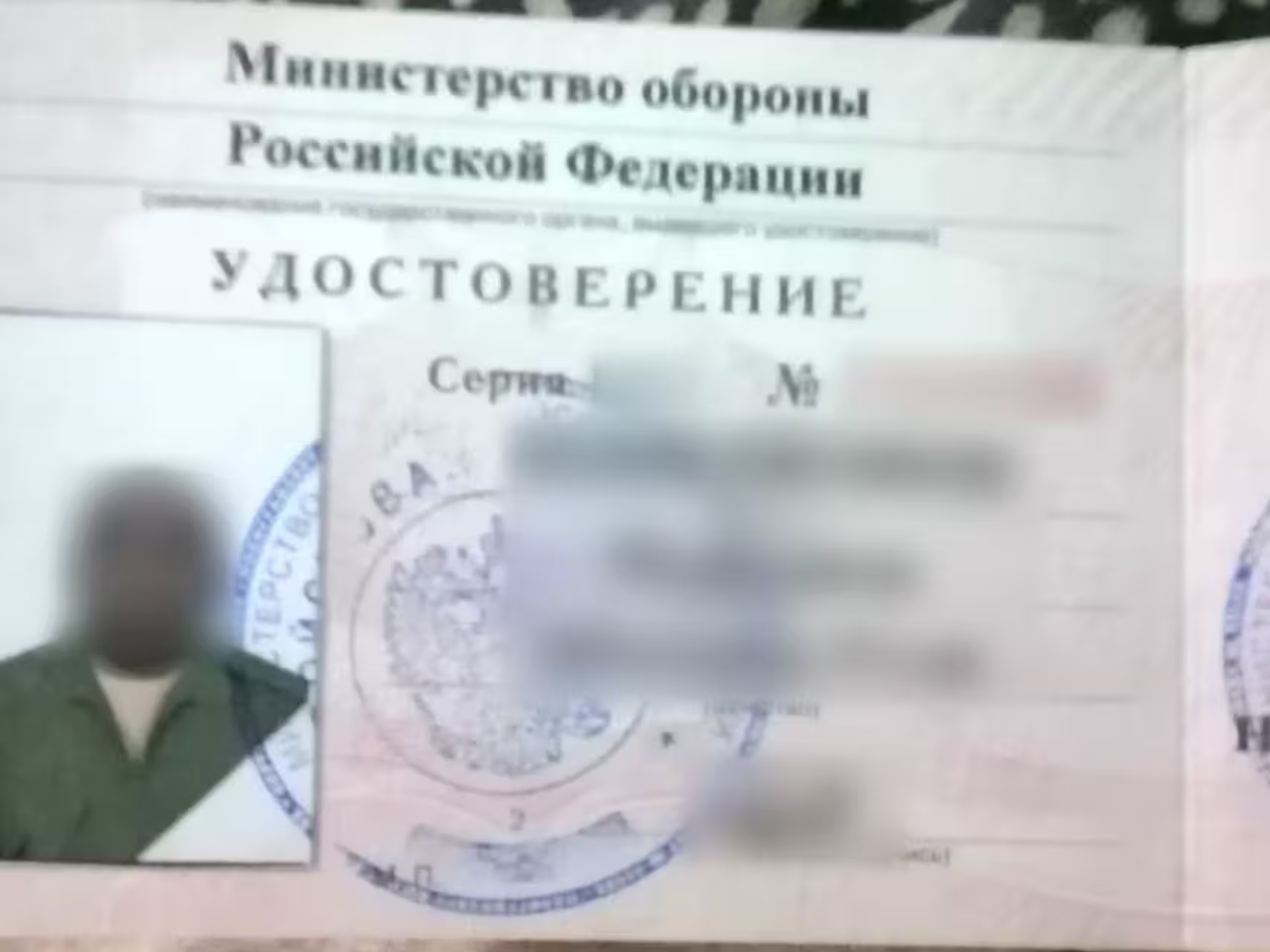
Despite his youth, limited knowledge of Russian, and no military training, Jamshid was given just two days of basic training, which consisted of simple tasks like running and getting in better shape. He says both the weapons assigned to him were in terrible condition. Jamshid described how "newcomers" who were reluctant to fight and wanted to leave were treated:
“When we crossed the border, they confiscated all our phones. We were made to run like dogs for two days, carrying 60 kg of luggage. Those who didn’t want to fight were beaten senseless. They were tortured to the point they couldn’t stand. They were tied to trees and taped up. The next day, 2-3 people were killed in this way.”
Jamshid claims such practices are widespread in the Russian army, and that it’s almost impossible to escape the front due to strict controls and harsh demands, including unofficial instructions to shoot those who try to flee.
Despite only having two days of training, Jamshid was sent to the front lines. He tried to learn how to use the weapons assigned to him from the more experienced soldiers, but the weapons were barely functional. And with no real preparation, he was thrown into the heart of the war.
“Meat Grinder”
Jamshid recalled setting off on his first combat mission with his fellow soldiers, only to be struck by a Ukrainian drone that was tracking their movements. One of his comrades was beheaded, another lost both his legs, and Jamshid himself was injured by shrapnel from a grenade explosion.
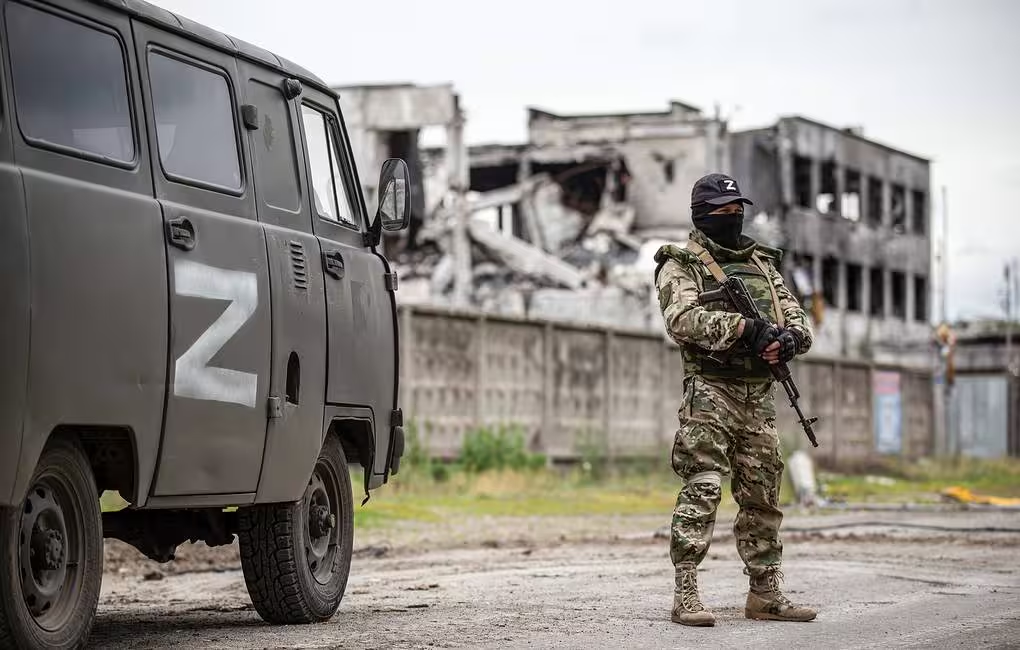
Despite the chaos, Jamshid managed to drag his injured comrade to a shelter. Once the drone activity subsided, they were ordered back into the fray. This time, however, Jamshid’s fate seemed to take a strange turn—though, as he would later reflect, it was a twisted form of luck.
"After the first injury, we waited for half an hour for the sky to clear," he said, referring to the drone activity. "Then I moved forward, with a person ahead of me. I don’t know what happened, but there was a huge explosion. My helmet was knocked off, my left arm and leg were hit, and iron fragments pierced the left side of my face. I was hurt. My partner was with me, but his face was also bleeding. After that, I lost sight of him. I don’t know if he was alive or dead."
In panic, Jamshid fled into a nearby building, losing consciousness shortly after. When he woke up, the stench of smoke and flames filled the air. Realizing the building was on fire, he escaped to avoid being trapped inside. He eventually found another shelter, where he managed to set up a walkie-talkie and contact headquarters, requesting an evacuation. However, the response he received left him with a sinking feeling.
“It was clear from their words that they didn’t want to take me out. It felt like they thought I was going to die anyway,” Jamshid recalled.
Badly wounded, his body covered in shrapnel, Jamshid waited for the evacuation team to arrive. Days passed. Assault squads arrived at the area where he was hiding, but none offered help. For five days, he lay there, without food or water, his body battered and broken. Only then, after his desperate calls for help, was he finally extracted from the battlefield.
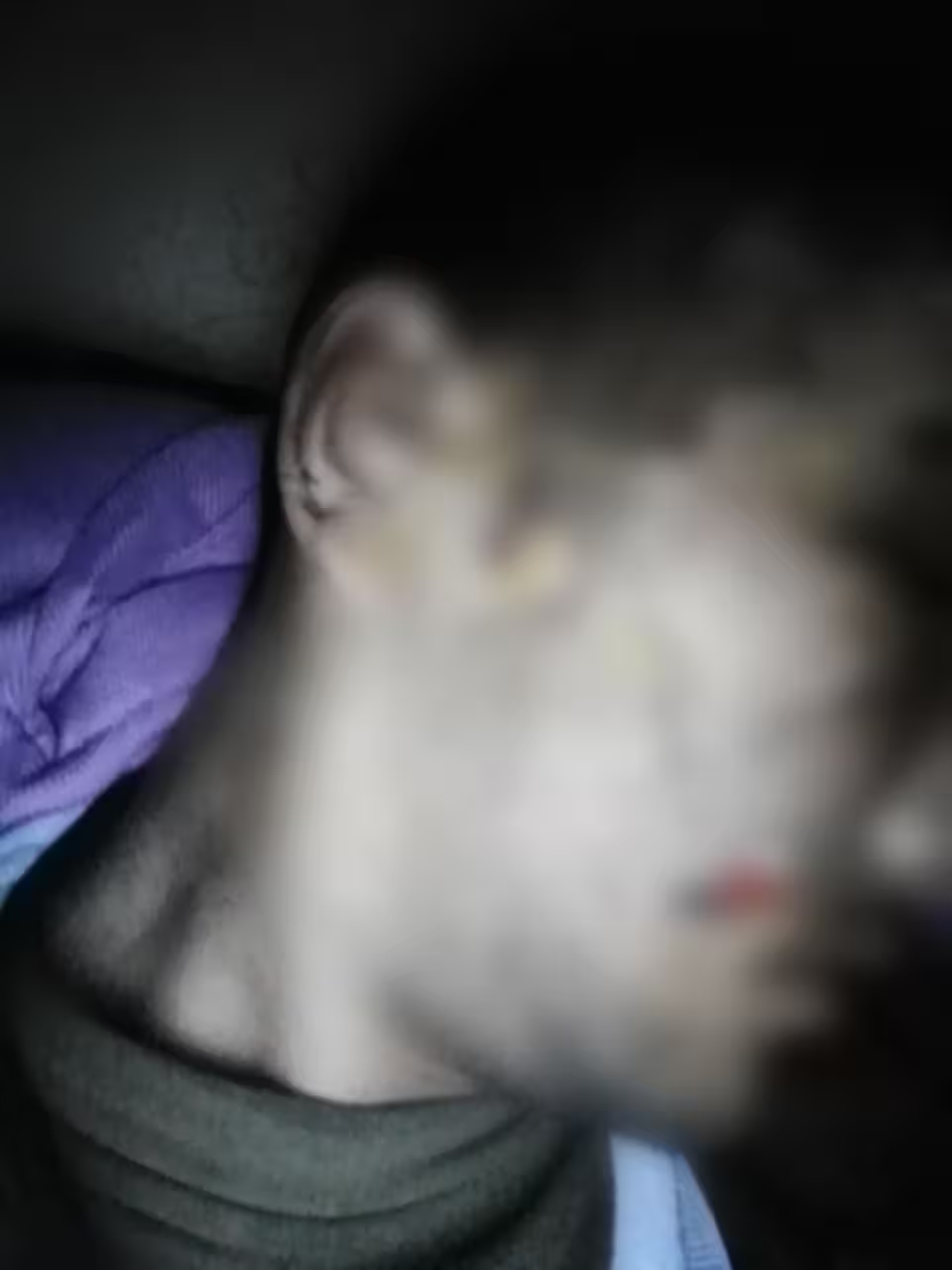
“I’m Afraid of the Dead”
Despite his blindness and impaired hearing, doctors told Jamshid that his injuries were not severe and that he would be sent back to the front. One of the doctors even asked him to help carry the bodies of fallen soldiers, but Jamshid refused. “I’m afraid of the dead,” he said. The doctor, drunk and dismissive, shrugged off his concerns and promised him it wouldn’t be long before he was sent back. However, after two more days, Jamshid’s condition worsened, and he was sent to the hospital.
During the two months he spent recovering, Jamshid was allowed to use a mobile phone. As soon as he could, he contacted his family to let them know about his dire situation. His mother, in Tashkent, and father, in Orenburg, contacted government agencies and even visited the Uzbek embassy in Moscow in a desperate attempt to get him out of the war zone. But, according to Jamshid, all their efforts were in vain. Soon after, he was sent back to the front.
This time, Jamshid did not go directly into battle. Instead, he was assigned to do household chores behind the front lines. But his reprieve was short-lived. When the next offensive operation began, he was thrust back into the fight. This time, the mission involved six soldiers, but only Jamshid returned—injured.
“We were attacked by drones,” he recalls. “I was wounded in the leg. Even without that, the old wound swelled up. I only returned after I was given permission. If we returned without it, they could shoot us. I came back alone. They wanted to send me right back, claiming my injury was minor. But my leg was swollen, and I couldn’t even wear shoes. Still, they kept me there for 20 more days.”
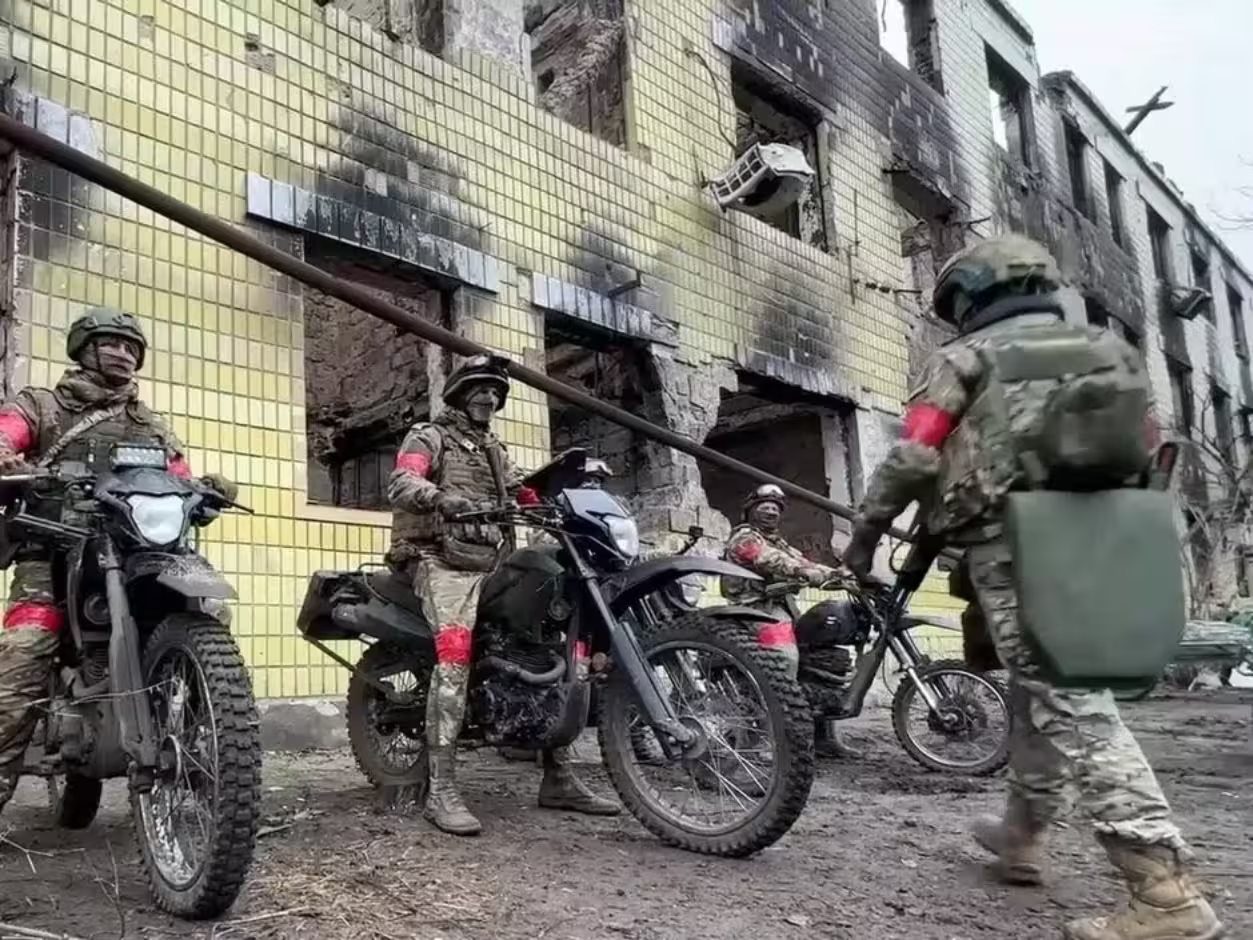
During this time, the commander of his unit arrived at the position. Jamshid asked his comrades to take him away, saying he was the only one left alive. The commander agreed and went off to find a motorcycle and charger, but he never came back.
Eventually, the command was given to send him to the hospital for treatment. For a brief moment, Jamshid allowed himself to hope that he might escape the horrors of war. The doctors, recognizing his condition, suggested he take a month off to recover. But army security officials refused, fearing he would escape. So, despite his injuries and the psychological toll, Jamshid was sent back into the fighting once again.
Endless Lawlessness
Jamshid's story reveals the grim reality of life in the Russian army, where soldiers are subjected to neglect, poor supplies, and a complete disregard for their lives. His firsthand account paints a harrowing picture of the chaos and lawlessness he witnessed at the front lines. New recruits, like him, were thrown into battle without proper training, often with faulty weapons. Those who tried to retreat were shot on the spot. The conditions were unbearable, and the leadership’s indifference was palpable.
"I met about a dozen Uzbeks," Jamshid recalls. "I saw them once, and we never met again."
These Uzbeks, like Jamshid, had been recruited into the Russian army and were caught in the same deadly trap.
Jamshid had signed a one-year contract with the Russian army, which would soon expire. But despite the promise of it ending, he feels trapped in a system where soldiers are kept at the front for as long as the military needs them. He insists that he didn’t join the army for money or citizenship, but out of sheer necessity. He dreams of returning to Uzbekistan, to rebuild his life far from the horrors of the battlefield.
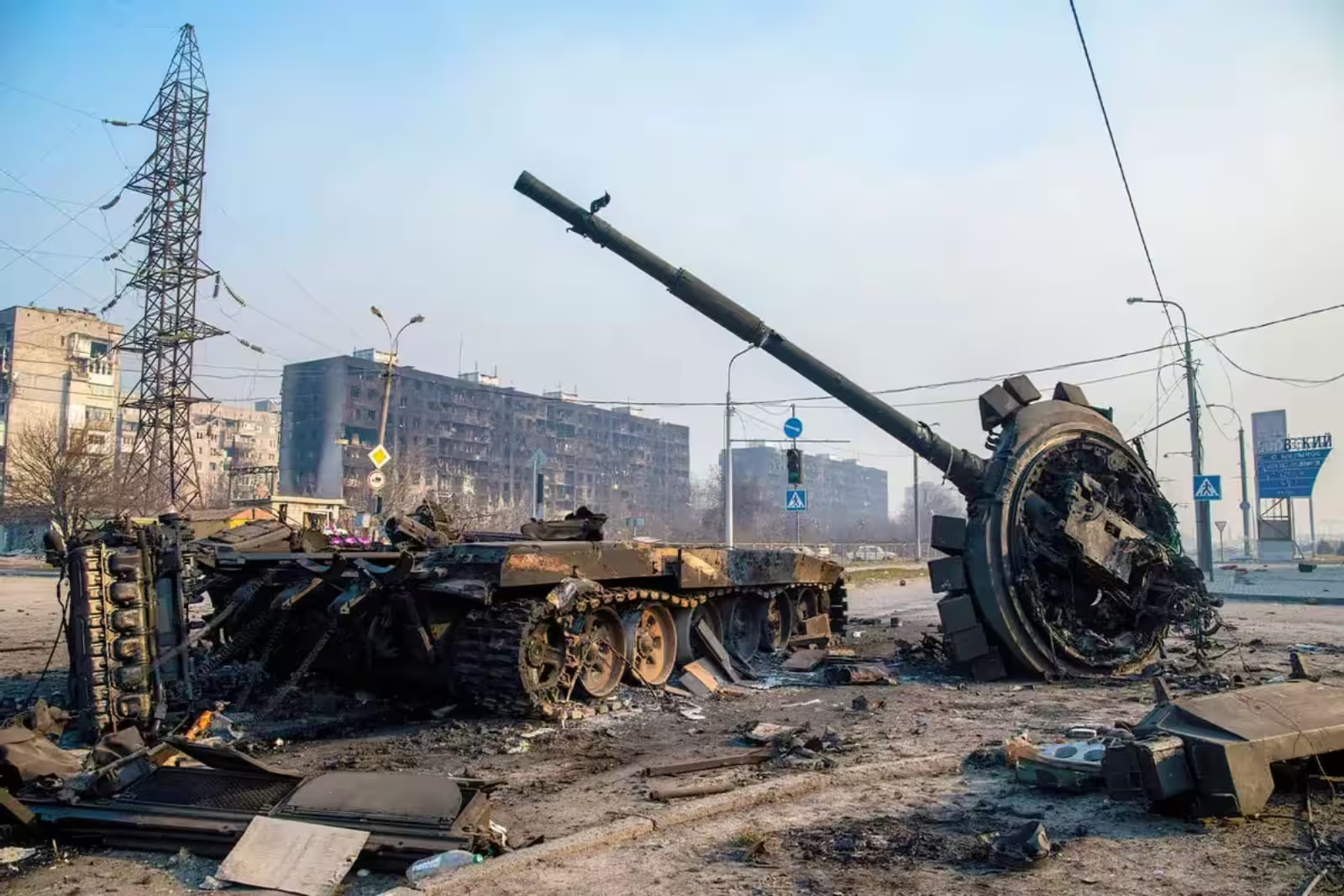
But leaving the “meat grinder” is not so simple. Jamshid is stuck in a vicious cycle, where the Russian army refuses to let him go. Every day is uncertain, and he knows that his life could be taken at any moment.
Despite numerous attempts from Jamshid and his family to reach out to organizations that could help, there has been no success. They’ve appealed to all possible channels, but no one has come to their aid. Jamshid now spends the prime years of his life in a war that has nothing to do with him.
His only wish is to escape this nightmare. He wants his story to serve as a warning to others—not to fall for false promises, manipulations, and pressures that could drag them into the same trap. He dreams of a future where no more Uzbeks are caught in the endless cycle of war.
Follow Daryo's official Instagram and Twitter pages to keep current on world news.
Comments (0)